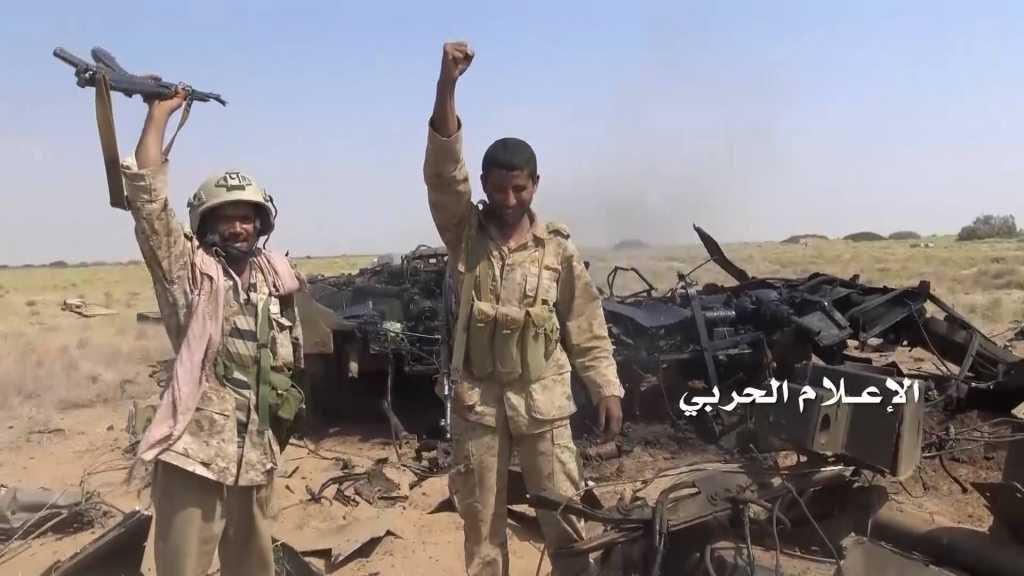Foreign Policy: Saudis Blamed for Yemeni Armed Forces Greater Threat
YemenExtra
Y.A
American Foreign Policy magazine says that the international sanctions imposed on Iran to isolate it and prevent it from supporting its allies did not achieve its goal, but pushed Iran to strengthen its advisory role in Yemen and Iraq. “The Yemeni Armed Forces pose a greater threat to Saudi Arabia than before; Saudi Arabia is responsible for that,” the magazine reported.
The Yemeni armed forces received minimal levels of support from Iran before the start of the regional war, according to Peter Salisbury, an analyst at the International Crisis Group. “It was politically appropriate to blame the Houthis on the doorsteps of Iran, rather than to say that their rise is the result of a series of misguided political calculations and misplaced international priorities,” Salisbury said. For Iran, cooperation with the Yemeni Armed Forces is “a timely opportunity, not a pre-planned strategy.” According to the magazine, Iran’s direct involvement in Yemen “remains limited, even today, and is limited to non-combat advisory roles.”
“The direct investment of Iran in Yemen is small, but it is sufficient to notify the Saudi coalition of the fear of Iranian interference.”
Foreign Policy cited attacks that the Yemeni Armed Forces have been strengthening on the border since December 2017, while Saudi Arabia, which has invested billions of dollars in US air defense systems, has failed to protect the kingdom from attacks. It also considered that the high number of attacks was caused by the increased capabilities of the Yemeni armed forces to manufacture drones and missiles, based on Iranian design, and using commercially available components.
The Foreign Policy noted that the Yemeni armed forces are equipped with weapons technology similar to those of the Quds Force, and this equipment was used in attacks on the two Aramco oil facilities.
Despite devastating international sanctions on Iran to prevent it from supporting the popular mobilization forces in Iraq and the Yemeni armed forces, these groups have resorted to strengthening their advisory role, according to Foreign Policy. The strategy of the international community to isolate Iran has become a strong link between Iran and the Yemeni armed forces by supporting the advisory role. However, what surprised observers today, according to the American magazine, that the Yemeni forces claimed responsibility for the Aramco attacks, “while there are fingerprints on Iran,” according to the magazine’s description.
“It is hard to imagine that these attacks were launched by the Houthis, Hezbollah or popular mobilization forces without direct orders from Iran’s Supreme Leader Sayyed Ali Khamenei,” says researcher Fabian Haines. “In the end, it doesn’t make much difference from where the missile was fired, but what we learned about Iran and its Yemeni allies during this operation.”
Source: Website

